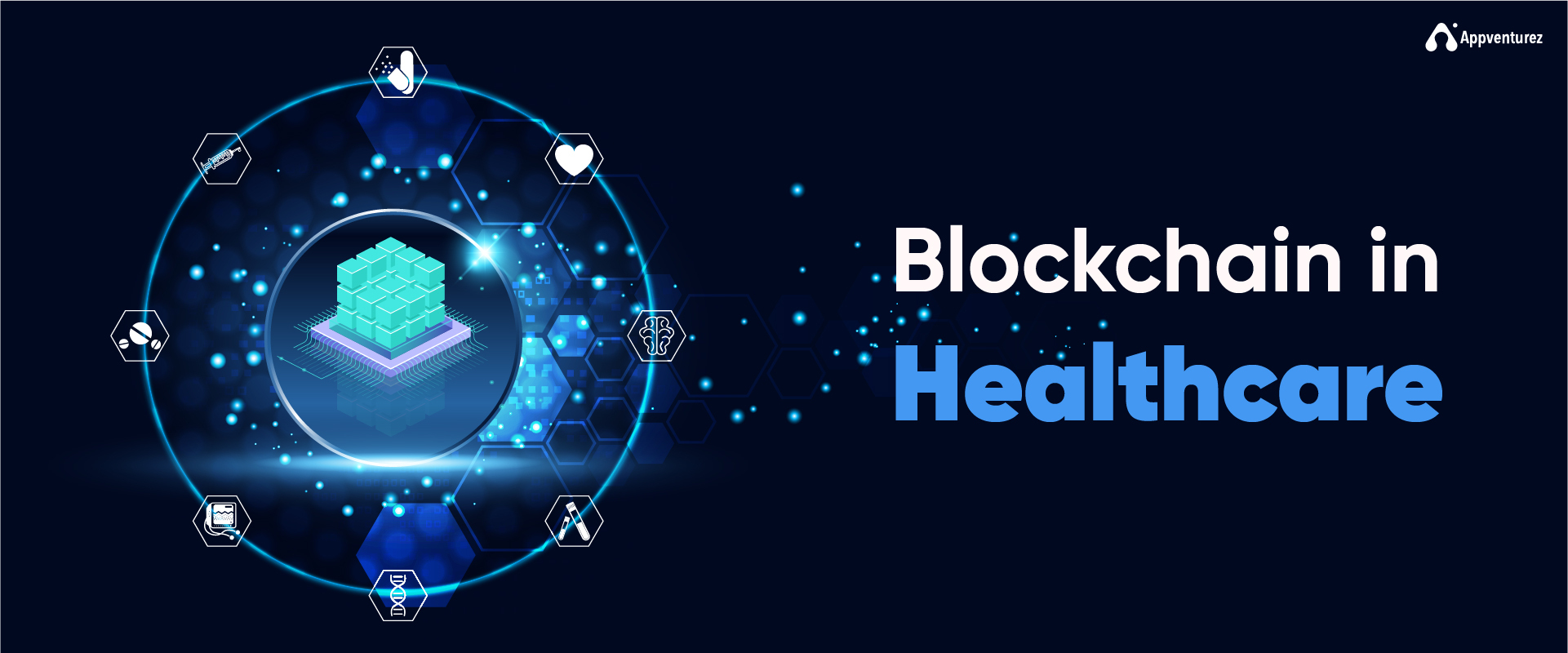Revolutionizing Healthcare: How Blockchain Technology Is Breaking Down Data Barriers
Revolutionizing Healthcare: How Blockchain Technology is Breaking Down Data Barriers

- The Social Network Revolution: How Blockchain Is Redefining Decentralized Online Communities
- Navigating Turbulent Tides: Strategies For Safeguarding Your Crypto Investments
- Unlocking The Power Of Sustainable Business Practices With Blockchain Technology
- Stepping Into The Wild West Of Crypto: A Beginner’s Guide To Navigating The Risks Of DeFi Yield Farming
- What Are The Risks And Rewards Of Crypto Margin Trading
Imagine a world where medical records are no longer fragmented, and healthcare providers can access a patient’s comprehensive history with ease. A world where sensitive medical information is protected from cyber threats, and patients have control over their data. Sounds like the stuff of sci-fi, right? Well, welcome to the world of blockchain technology in healthcare.
Blockchain, the underlying technology behind cryptocurrencies like Bitcoin, has been making waves in the healthcare industry. By harnessing its power, healthcare providers are now able to manage medical data in a secure, transparent, and interoperable way. But what exactly is blockchain, and how is it revolutionizing healthcare data management?
The Problem with Traditional Healthcare Data Management
The current state of healthcare data management is, to put it mildly, a mess. Patient records are scattered across different hospitals, clinics, and insurance providers, making it difficult for healthcare professionals to access a complete picture of a patient’s medical history. This lack of interoperability can lead to delayed diagnoses, duplicate tests, and even life-threatening errors.
Furthermore, traditional data management systems are vulnerable to cyber threats, putting sensitive medical information at risk. A single data breach can have devastating consequences, including identity theft, insurance fraud, and reputational damage.
The Blockchain Solution
Blockchain technology offers a novel solution to these problems. At its core, blockchain is a decentralized, distributed ledger that stores data across a network of computers. This ledger is immutable, meaning that once data is recorded, it cannot be altered or deleted.
When applied to healthcare, blockchain technology enables the creation of a single, unified record of a patient’s medical history. This record is stored on a blockchain, which is accessible to authorized healthcare providers, insurance companies, and the patient themselves.
Benefits of Blockchain in Healthcare
So, what are the benefits of using blockchain in healthcare data management? For starters:
- Interoperability: Blockchain enables seamless data sharing between healthcare providers, reducing the risk of errors and improving patient outcomes.
- Security: The decentralized nature of blockchain makes it virtually unhackable, protecting sensitive medical information from cyber threats.
- Patient Control: Patients have control over their medical data, deciding who can access it and when.
- Clinical Trials: Blockchain can facilitate the conduct of clinical trials by providing a secure and transparent way to store and manage trial data.
- Supply Chain Management: Blockchain can help track the origin and movement of pharmaceuticals, reducing the risk of counterfeiting and improving supply chain efficiency.
Real-World Applications
So, how is blockchain being used in healthcare today? Several hospitals and health systems are already leveraging blockchain technology to improve data management. For example:
- Medibloc: A blockchain-based platform that enables patients to store and manage their medical records.
- HealthVerity: A blockchain-powered platform that facilitates data sharing between healthcare providers and life sciences companies.
- Estonia’s eHealth Record: A blockchain-based system that enables the secure and interoperable sharing of medical records between healthcare providers.
The Future of Healthcare Data Management
While blockchain technology has the potential to revolutionize healthcare data management, there are still challenges to overcome. These include regulatory hurdles, scalability issues, and the need for education and awareness.
However, as the healthcare industry continues to evolve, it is likely that blockchain technology will play an increasingly important role in shaping the future of healthcare data management. By harnessing the power of blockchain, healthcare providers can create a more secure, transparent, and patient-centered healthcare system.
In conclusion, blockchain technology is poised to revolutionize healthcare data management, breaking down data barriers and providing a new era of interoperability and security. While there are still challenges to overcome, the benefits of blockchain are undeniable. As the healthcare industry continues to evolve, one thing is certain – the future of healthcare data management has arrived, and it’s built on blockchain.
